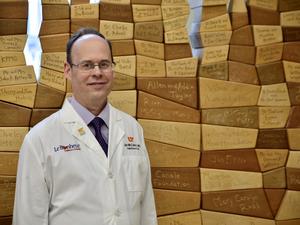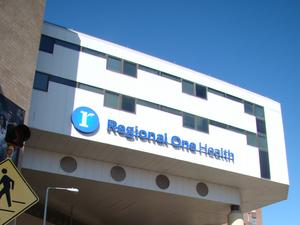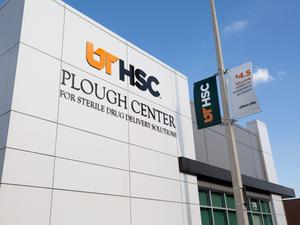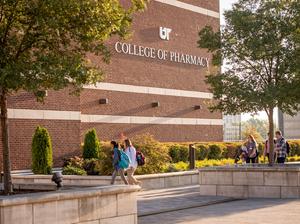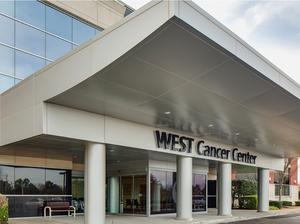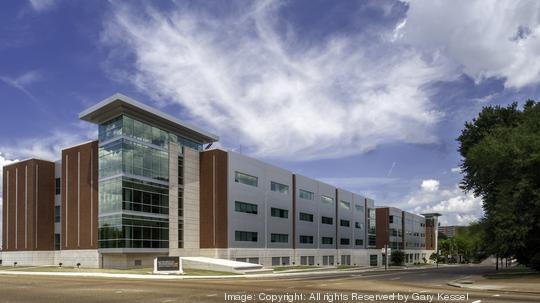
A local DNA biorepository initiative has grown into one of the largest in the world for children.
And now, a partnership with a New York-based pharma firm shows potential in unlocking DNA for research — and, in the future, personalized medicine.
In 2015, the University of Tennessee Health Science Center (UTHSC) and Le Bonheur Children’s Hospital launched the Biorepository and Integrative Genomics (BIG) Initiative.
UTHSC and Le Bonheur announced this October an agreement with Regeneron Genetics Center, a subsidiary of Regeneron Pharmaceuticals Inc., to sequence BIG Initiative DNA samples.
The BIG Initiative builds a collection of DNA samples from consenting Le Bonheur patients and families with the hope those samples could lead to insights into asthma, sickle cell disease, epilepsy, and other diseases.
“The purpose of [BIG is] to collect the samples with the idea that at some point we would sequence the DNA … and data from the sequences could be used for research” Dr. Jon McCullers, chair of Pediatrics in the UTHSC College of Medicine, and pediatrician-in-chief at Le Bonheur, said in a release. “It’s amazingly powerful.”
A key aspiration of the BIG Initiative is to create a biorepository of pediatric DNA samples that reflects the diversity in the Memphis community.
Currently, the BIG Initiative has collected more than 10,000 samples, including from underrepresented populations. Nearly half of the samples are from patients of African ancestry.
“The goal of the BIG project is to offset some of the disparities that we know exist regarding certain groups that are underrepresented,” said Dr. Chester Brown, Genetics Division chief at UTHSC and St. Jude Chair in pediatric genetics at UTHSC and Le Bonheur. “If we're going to have the aspiration of achieving precision medicine, we think that should be for everyone.”
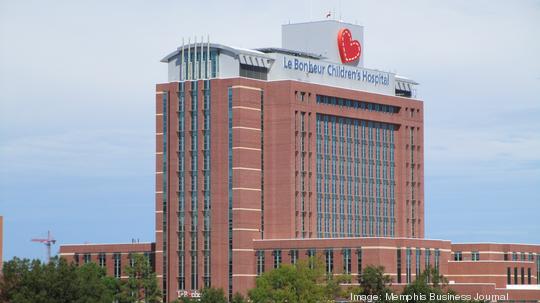
The BIG Initiative was launched with the idea that the samples would be collected, then researchers would secure resources to get at the genetic information.
About a year ago, the BIG Initiative founders became aware of a number of institutions that had each partnered with Regeneron for sequencing, sparking interest in a collaboration.
Brown noted the Regeneron partnership allows for a tenfold increase in progress toward the goal of finding cures for pediatric diseases via DNA-informed precision medicine.
“The reality is that funding from the federal government, which is the traditional source for research in this country, is increasingly becoming harder to get,” Brown said. “And, the National Institutes of Health has not made sequencing or genotyping a high priority anymore.”
Utilizing the Regeneron partnership, Brown anticipates the first genetic data sets to become available in the first half of 2021 as Regeneron works through batches of BIG samples. Research investigators would have access to the data after going through a project approval process.
The data is protected by a governance structure to address ethical and other concerns related to the genetic information.
“My hope is that, in the long term, this will serve as a reference not just for Memphis but for the world as we seek to improve the health of all people,” said Dr. Scott Strome, executive dean of the UTHSC College of Medicine.
